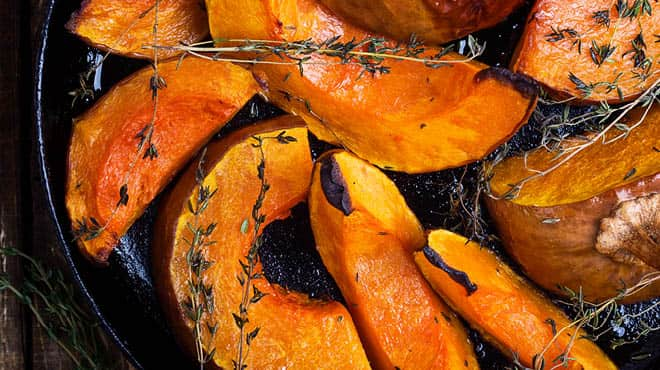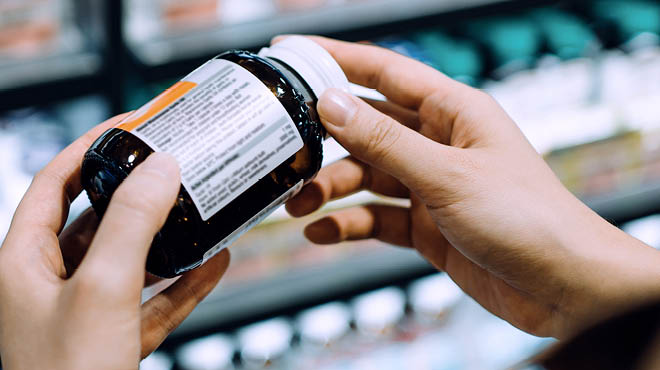Recent Posts
Nourishing your health: Diet and nutrition factors for cancer prevention

Compelling evidence shows that generous amounts of fruits and veggies as part of a healthy diet may lower the risk of chronic diseases like diabetes, heart disease and certain types of cancer. Eating a nutritious diet and adopting beneficial behaviors have the power to decrease the possibility of developing cancer.
Risks from foods and beverages
Alcohol use
Alcohol use is linked to an increased risk of cancer as the third most modifiable lifestyle factor. Research shows that less than one drink of any type of alcohol per day increases the risk of common cancers like breast, head and neck and esophageal cancers.
Decreasing alcohol consumption lowers your cancer risk.
Processed and red meat
Research shows diets with more than 18 ounces of red meat weekly can increase your cancer risk. Processed meats like hot dogs and deli meat should be limited or avoided entirely.
Consuming moderate amounts of red meat provides a good protein, iron, zinc and vitamin B12 source. The recommended intake should be limited to 12–18 ounces of red meat per week, divided into three or more portions.
Also, cooking meats at high temperatures or charring them can create harmful chemicals that may raise cancer risk.
Sugars and sweeteners
Although research hasn't shown a direct link between eating sugar and cancer risk, eating too much sugar over time can lead to obesity, which is a known risk factor for cancer. Also, research suggests that higher amounts of added sugars can lead to insulin resistance, as well as elevated insulin levels and insulin-like growth factor-I (IGF-I). These factors may all increase the risk of cancer.
Diet and nutrition
Focus on eating a diet rich in fruits and veggies, legumes, nuts and seeds, lean meats, low-fat dairy products and whole grains. Most foods have functional components, such as antioxidants,, omega-3 fatty acids and polyphenols. Functional foods, also known as superfoods, work to decrease damage caused by inflammation and oxidation. Oxidation is a natural process that leads to cell and tissue damage and may contribute to some diseases.
Over the years, research has revealed the true power of plant-based nutrition to decrease the risk of certain types of cancer. As research continues to reveal, there isn't a single food that protects you from cancer. It's a cumulative approach of overall diet choices, exercise and other lifestyle factors.
Aim to eat a variety of fruits, veggies, whole grains, legumes, nuts and seeds to maximize the benefits of a cancer-preventive diet. The more variety and color you add to your plate meals, the more you improve your overall health.
Next steps:
- Find a registered dietitian nutritionist near you.
- Learn about managing chronic conditions with nutrition counseling.
- Read more about using diet to lower cancer risk.
- Get diet tips to reduce side effects during cancer treatment.
- Find out why bariatric surgery may reduce cancer risk.





